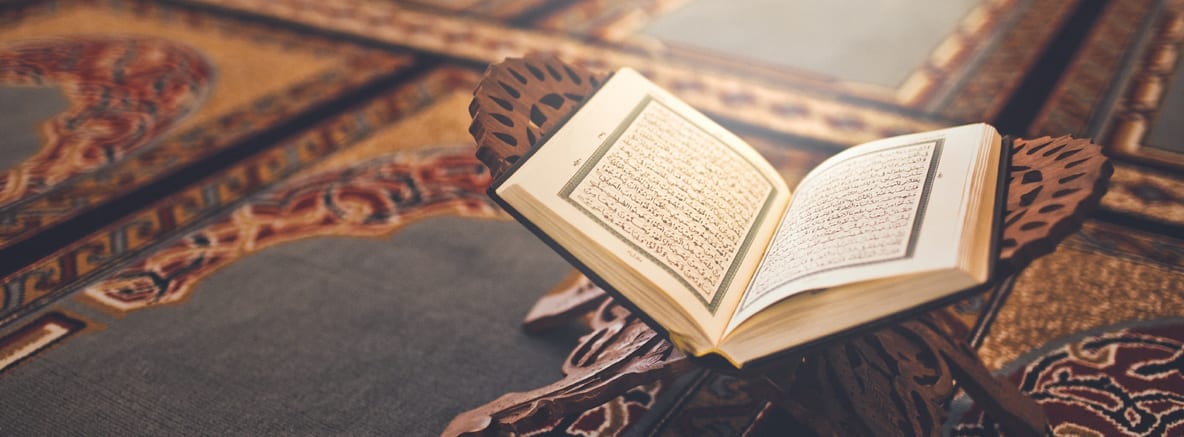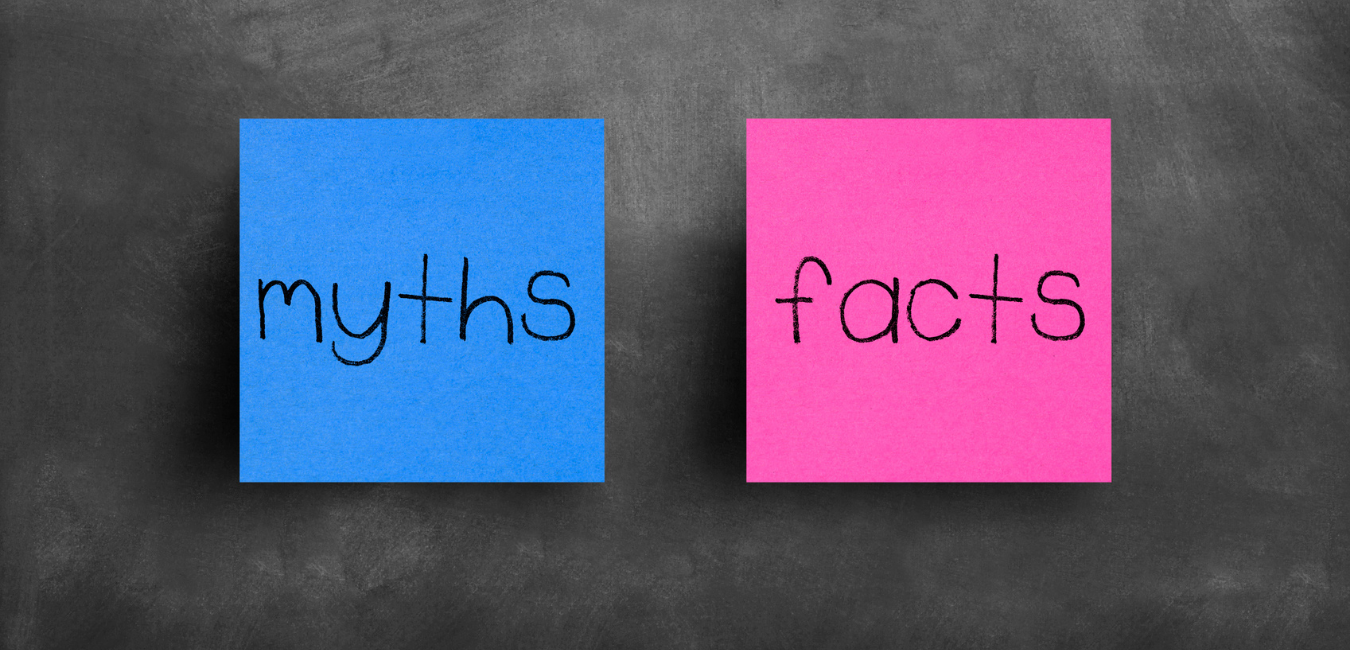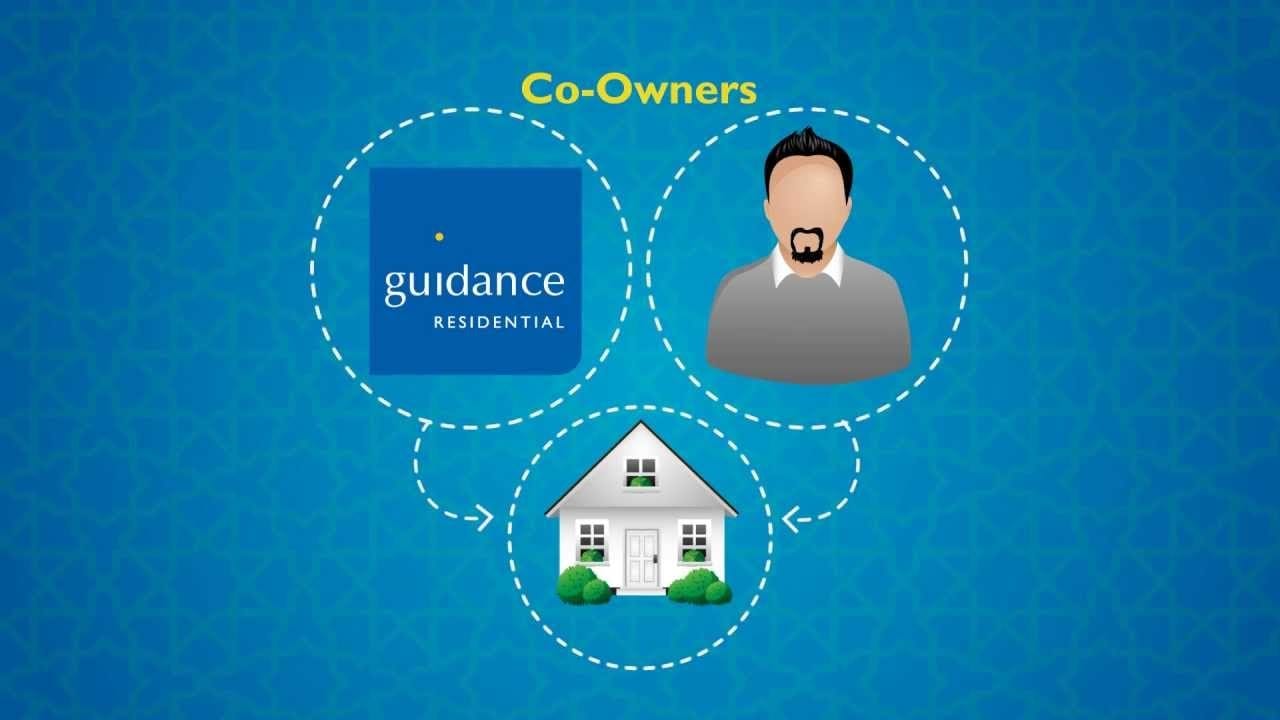Making the Most of the First 10 Days of Ramadan

Ramadan, observed by 1.8 billion Muslims around the world, is a holy month of fasting, reflection, devotion, generosity, and sacrifice. The ninth month of the Islamic calendar, Ramadan is considered the most sacred month, commemorating the first revelation of the Quran to Prophet Muhammad according to Islamic belief.
During these sacred days, from dawn until sunset, Muslims abstain from eating and drinking, focusing instead on extra prayers, Quran recitation, and charity.
The First 10 Days of Ramadan: Ten Days of Mercy
The holy month of Ramadan is traditionally divided into three distinct phases, each lasting 10 days, with the first ten days known as the days of mercy. This initial phase is a period during which Muslims are reminded of the infinite mercy and compassion of Allah, also known as Ar-Rahman — the Most Merciful.
During these initial days of this blessed month, many Muslims to reflect on the concept of mercy, not only through seeking Allah’s mercy but also showing kindness and compassion toward others. This is a time for spiritual growth and self-reflection as well as increasing acts of charity and strengthening community bonds.
Here are some reflections on Ramadan’s mercy.
Ramadan’s mercy
The mercy of this month becomes clear to many participants by the end of the first day. As Ramadan approaches, the idea of fasting can be daunting. But somehow, it’s often easier than expected—and somehow, easier to fast during Ramadan than other times.
When we’re not fasting, we might find our stomachs rumbling by early morning. During Ramadan, many find that its mid-afternoon and they still don’t feel hungry.
A mercy to our body
Fasting is a mercy to our body. With such easy access to food—especially foods produced more for taste and convenience than nourishment—it’s easy for us to overload our bodies in ways that harm their function. Fasting is a form of self-discipline cleans out our bodies and gives them a chance to rest and reset.
According to the National Institutes of Health, fasting “flips a metabolic switch” and boosts the body’s performance in a wide range of ways, ultimately slowing the progression of diseases, slowing aging, and even improving brain function. Amazing!
A mercy to others
Fasting is also a mercy to those around us, starting with our family members. Less energy often means being slower to anger. Numerous hadiths teach us that regaining control of what is going into our mouths also goes along with heightened awareness of what is coming out of it.
The Prophet Muhammad (SAW) said: “If any one of you is fasting, let him not utter obscenities or act in an ignorant manner, and if anyone insults him or wants to fight him, let him say, ‘I am fasting.’” (Bukhari and Muslim)
Benefit from Ramadan’s mercy
While Ramadan brings with it mercy inherently, we can better seek Allah’s mercy on us with some additional effort.
Here are four tips for seeking Allah’s mercy.
1. Show Extra Mercy to Others
A striking number of hadiths counsel us to show mercy to others.
The Prophet Muhammad (SAW) said, “Those who are merciful will be shown mercy by the Most Merciful. Be merciful to those on the earth and the One above the heavens will have mercy upon you.” (Tirmidhi)
Another time, the Prophet (SAW) kissed his grandson Hasan bin ‘Ali in the presence of Aqra’ bin Habis. Aqra’ said: “I have 10 children and I have never kissed any one of them.” The Prophet (SAW) looked at him and said, “He who does not show mercy to others will not be shown mercy.” (Al-Bukhari and Muslim)
Start with the people closest to you — close family members and then extended family. Forgive them, be patient with them, and overlook their shortcomings as we want Allah to overlook ours.
Also remember others who are outside your household in your mercy as well: Check on elderly or ill neighbors or friends; consider sharing food with them, and give charity to those who are suffering through conflict, hunger, or other difficulties.
2. Increase Your Good Deeds
Doing good deeds for others is tied to seeking Allah’s mercy.
The Quran says: “…Surely, Allah’s Mercy is ever near to the doers of good.” (7:56)
And the Prophet Muhammad (SAW) reinforced this message to his companions, saying:
“No one will be saved [from the Hell fire and admitted into Paradise] by his deeds alone.”
When asked, “Not even you, O Messenger of God!” he (SAW) said, “Yes, not even me, unless Allah covers me with His Mercy. So, do good deeds properly, sincerely and moderately in the morning, in the afternoon and during part of the night. Always remember moderation and always abide by moderation. Thus, you will reach your destination.” (Bukhari and Muslim)
Notice also that this hadith links moderation with Allah SWT’s mercy as well.
3. Make Dua
Ask Allah SWT for His mercy and seek forgiveness using the words He gave us, for example:
“So say, ‘My Lord! Forgive and have mercy, for You are the Best of those who show mercy!”’ (23:118)
4. Believe
Finally, have confidence in Allah SWT’s mercy.
Allah says in the Quran:
“Say, ˹O Prophet, that Allah says,˺ “O My servants who have exceeded the limits against their souls! Do not lose hope in Allah’s mercy, for Allah certainly forgives all sins.1 He is indeed the All-Forgiving, Most Merciful.” (39:53)
The Prophet Muhammad (SAW) said:
“There are one hundred parts of mercy. Allah has given only one part which is distributed among the jinn, humankind, animals and insects. It is because of this that they are kind to one another, show mercy to one another; it is because of it that a wild animal is kind to its young.
But Allah has kept 99 parts of mercy with Him, which He will show to His servants on the Day of Resurrection.” (Bukhari and Muslim)
Ramadan wishes from Guidance Residential
Every Ramadan we’re reminded of the blessings of home. Since 2002, Guidance Residential has helped over 40,000 families celebrate Ramadan in their new home. We are so thankful to be part of their celebration, and we wish you a meaningful and blessed Ramadan. Ramadan Kareem!
Guidance Residential remains the #1 U.S. Islamic home financing provider, with more than 40,000 families assisted over more than 20 years. Learn more about our co-ownership model of Islamic home financing, and get started on your home finance journey today.
The team at Guidance Residential is here for you, from the first step of pre-qualification or pre-approval, on through to finding the right real estate professional for you and your family — or refinancing a home you already own. We invite you to explore the home buying process with Guidance Residential today. You can also instantly calculate an estimate specific to your personal situation with our finance calculators online.
Your Guidance Residential Account Executive is here to help with any questions. Looking to refinance or purchase? Have a friend or family member who is looking for a home? Call 1.866.Guidance, or start an application today.
Originally published May 2019 and updated February 2025.




